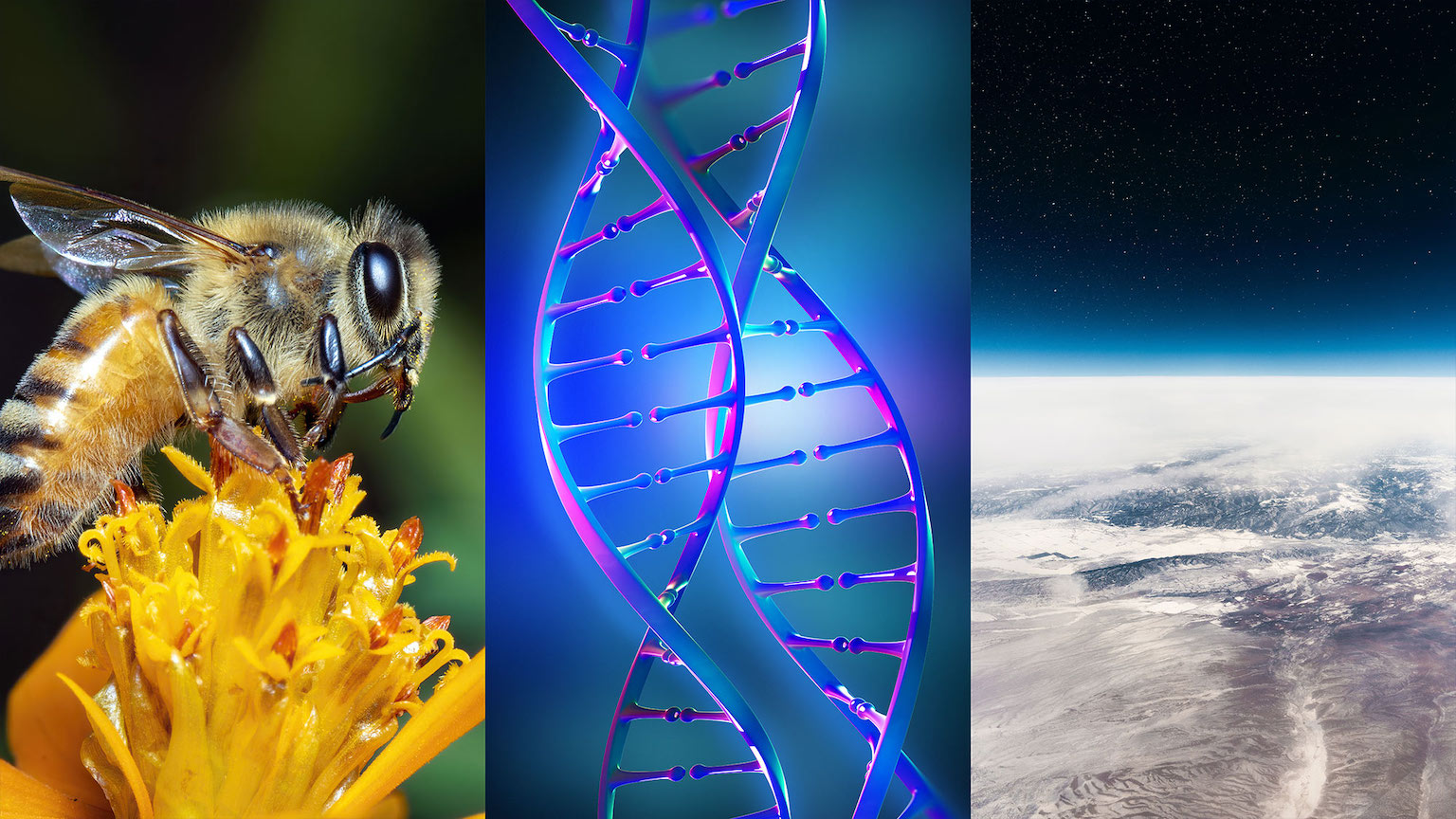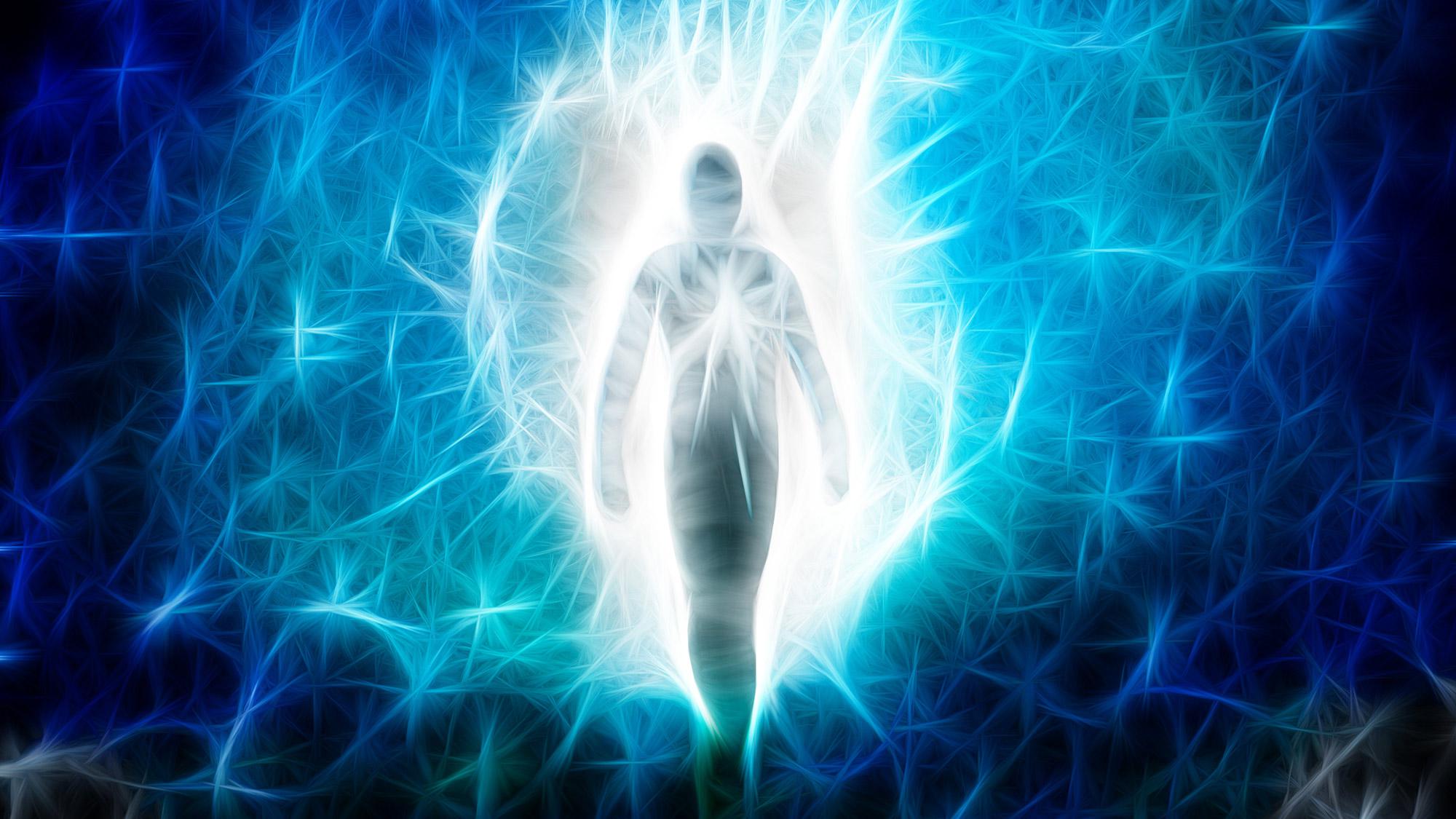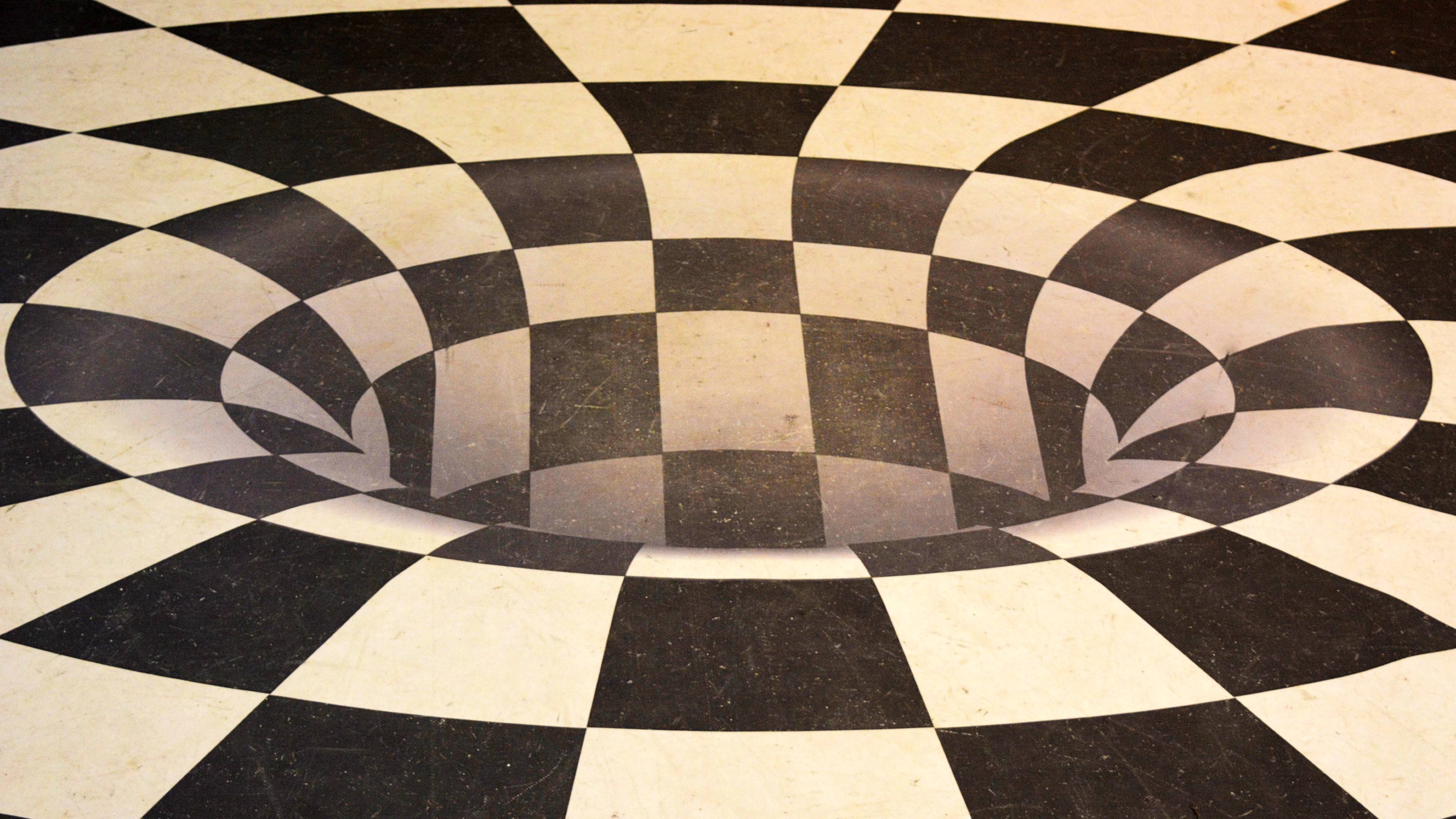The mystery of life cannot be solved by science

- Reductionism is a successful way to explain the universe, but it is not enough.
- The experience of something is always more than the explanation of something.
- We should remember Søren Kierkegaard’s famous admonition: “Life is not a problem to be solved, but a reality to be experienced.”
Every morning you emerge from sleep, open your eyes, and find that… yup… you are still here. Another day on the planet — breathing, eating, and working so you can keep breathing, eating and working. Basically, you are trying to hold it all together while having a little fun. Then, after about 16 hours, you will drop back into bed with one day less left in your life-inventory, knowing you have to repeat the whole effort again tomorrow. This is the reality, in one form or another, for you, me, and every other human being on the planet. It has also been the reality, in one form or another, for every human being since we emerged as a separate species some 300,000 years ago. All and all, it seems pretty weird. What is it all about? What is it all for? Is there a mystery of life?
The mystery of life
Today I would like to take on these questions through the lens of another question. Can science answer this basic weirdness, or is there a fundamental mystery of life?
Once I did a public debate with a guy who was into transhumanism (which essentially holds that one day we will merge with computers). He was adamant that ultimately science would explain all facets of the world. In the end, nothing would remain hidden before its all-illuminating gaze. Even though I have spent my life living — and loving — science, I felt something really essential was missing from his perspective. To me, his omission is an understanding of what explanations are for and the limits of what they can do.
If the question is, “Can science explain life?” then the answer I think someday will be “mostly yes,” if what we are aiming for are the processes at work in life. Science has already successfully deployed the technique of reduction to see the building blocks of life. Reduction means looking for explanations or successful predictive descriptions of a system by focusing on its smaller-scale constitutive elements. If you are interested in a human body, then reductions lead down from organs to cells to DNA to genes to biomolecules and so on. That approach has obviously been spectacularly successful.
Life is not a problem to be solved, but a reality to be experienced.
Søren Kierkegaard
It has not, however, been enough. The frontier now seems to be understanding life as a complex adaptive system, meaning one in which organization and cause occur on many levels. It is not just the atomic building blocks that matter; influences propagate up and down the scale, with multiple connected networks from genes to the environment and back. As I have written before, information may play an essential role here in ways that do not occur in non-living systems.
But the deeper question remains: will this ongoing process of explanatory refinement exhaust the weirdness of being alive or the mystery of life that I described in the opening? I think not.
Explanation vs. experience
The reason I take that position is because there is a profound and (literally) existential difference between an explanation and experience. We humans invented the marvelous process called science to understand the patterns we experience around us. We did this because we are curious creatures by nature and because we also hope to gain some control over the world around us. But here is the key point: experience is always more than the explanation. (That is the takeaway from a philosophical thought experiment called Mary’s Room.) The direct, unmediated totality of experience can never be corralled by an explanation. Why? Because experience is the source of explanations.
“Experience” can be a difficult locus for discussion. It is so close and so obvious that, for some people, it does not seem like anything at all. But for many across the whole of existence, it has been a central concern. For the philosophies of classical India and Asia, it was always the starting point. For philosophers in the West, it made its most recent reappearance as a topic in the works of William James and “phenomenologists” like Edmund Husserl and Maurice Merleau-Ponty. For all of these thinkers and writers, experience was not something that could be taken for granted — it was the ground from which all other questions became possible.
Sometimes it has been called “presence.” Sometimes it has been called “self-luminosity.” Stephen Hawking even acknowledges it when he asked, “What puts the fire into the equations?” That fire is experience. It is the verb “to be,” and the only way into being is through experience.
The key point here is that direct, lived experience is not amenable to explanation. I can theorize about perception and cognition. I can do experiments to test those theories. But even if I gave you an account of what every nerve cell in your brain at every nanosecond was doing, it would still not be experience. It would be nothing more than a list of words and numbers. Your actual and direct experience of the world — of the tart taste of an apple or of looking into the eyes of someone you love — would always overflow the list. There would always be more.
That is because explanations always take some particular aspect of lived experience and separate it out. Explanation is like the foreground. But experience is beyond foreground and background. It is an inseparable holism, a totality that does not atomize. It is not something you think in your head; it is what you live as a body embedded in surroundings. That is how every moment of our strange, beautiful, sad, tragic, and fully amazing lives is revealed moment by moment. Explanations may help in specific circumstances, but they can never exhaust that ongoing revelation that is the mystery of life.
The mystery of life is not a problem to be solved
Let’s turn once again to our question: is life a mystery? It is good to remember Søren Kierkegaard’s famous admonition: “Life is not a problem to be solved, but a reality to be experienced.” This perspective does not diminish science in any way. That is because our experience of science itself heightens our appreciation of the world, like the rush you feel when you understand why the sky appears blue or blood appears red.
So yes, life is a mystery, but that does not mean we are left in ignorance. Like a skier effortlessly driving down a steep slope, or a pianist bringing us a beautiful sonata, we can know this mystery but not with words, equations, and explanations but by living it thoroughly with body and heart and mind.





